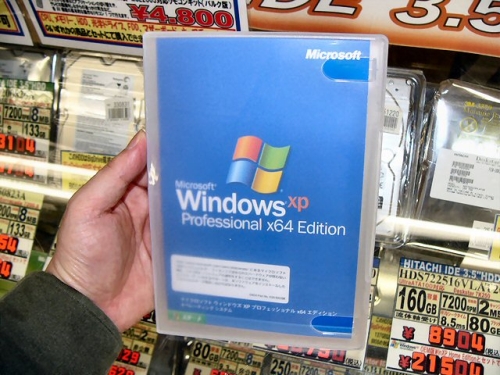15 years after its initial release, and two years after the last security update went out, Windows XP continues its reign as one of the world’s most popular operating systems.

According to account firm Netmarketshare, as of March 2016 Windows XP has nearly 11% of the desktop OS market. In fact, more people are using XP than Apple’s X 10.11 “El Capitan” OS (4.05%) and Windows 8.1 (9.56%).
Sitting at number two is Windows 10, which overtook Windows XP this past February when it saw a big jump in popularity, capturing 14.5% of market share.
Number one is Windows 7, which is knees, hips, shoulders, and head above the competition with approximately 52% share of the user base.
Getting back to XP, what’s truly remarkably about the fact that it’s still so popular is that its users continue to hold on to the OS despite Microsoft having ceased support of the system two years ago, a decision that exposed all XP user to some pretty major security risks if they chose to not update.
To address some of the more obvious questions – why was XP so popular, and why is it still so hard for users to let go – when XP was first introduced, it included several new features over its previous iteration, so it made for an attractive update to one’s computer. It was also the perfect time to introduce the system, as competition was scarce, and the previous Microsoft OS – Microsoft ME – had failed to excite buyers.
XP has since succeeded because its successor, Vista, was delayed for a frustratingly long time, and subsequent updates have received (very) bad reviews, scaring away potential updaters.
Perhaps the biggest reason why Windows XP is still so widely used, though, can be attributed to its wide scale adoption at the corporate level. A lot of companies operate with closed-off networks with no outside access, so security risks are minimal. And if there’s no clear benefit to updating to a new operating system for dozens to hundreds to thousands of computers, depending on the size of the company, then being able to convince accounting to approve a budget for said update can be an uphill battle for the IT department.
In other words, if it isn’t broke (yet), there’s no need to fix it (until it’s an issue).
Via TechRadar.com
Advertisement
Learn more about Electronic Products Magazine





